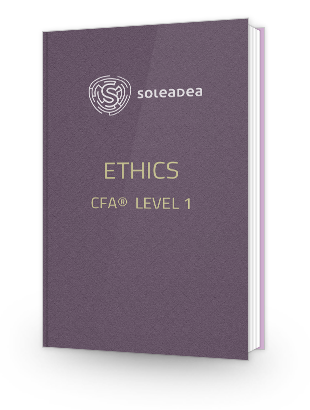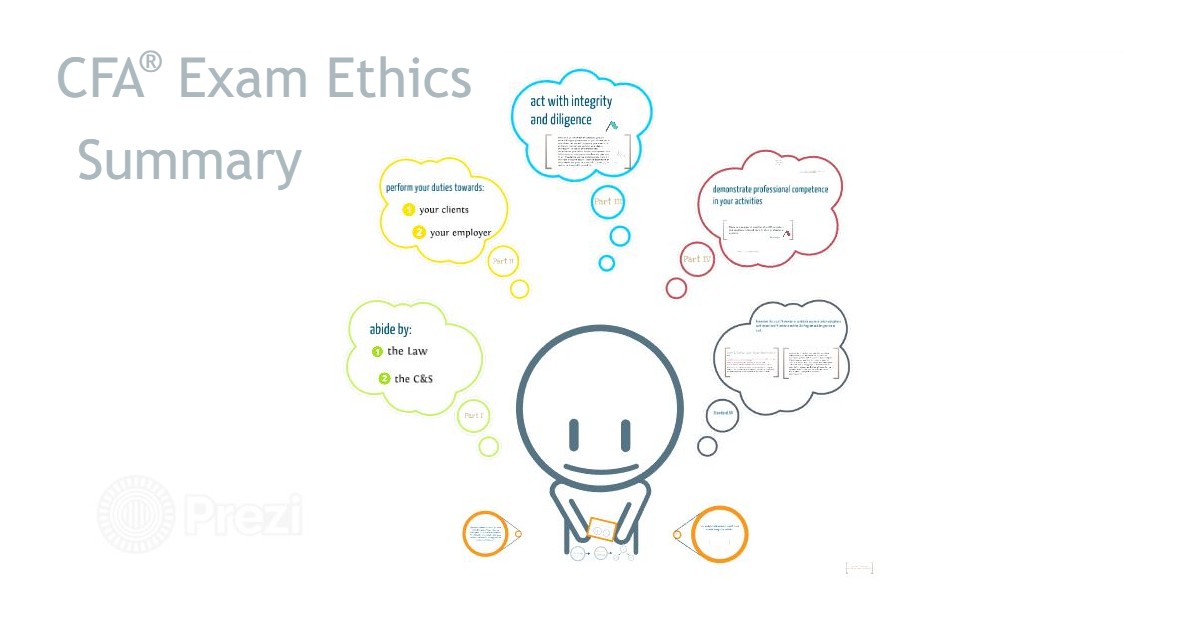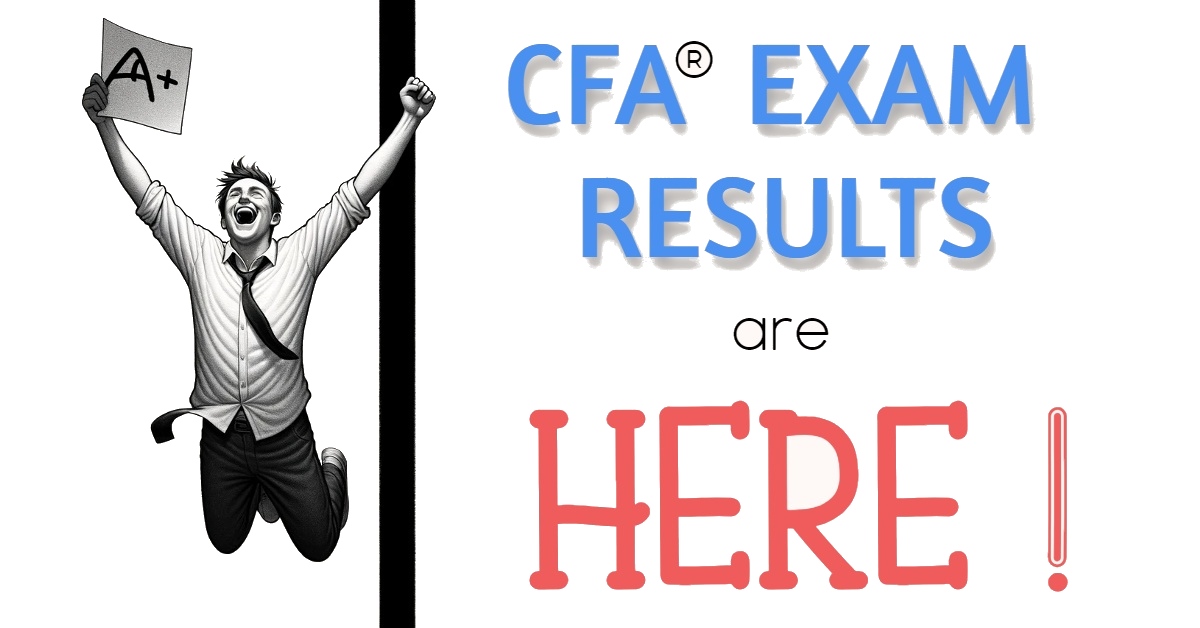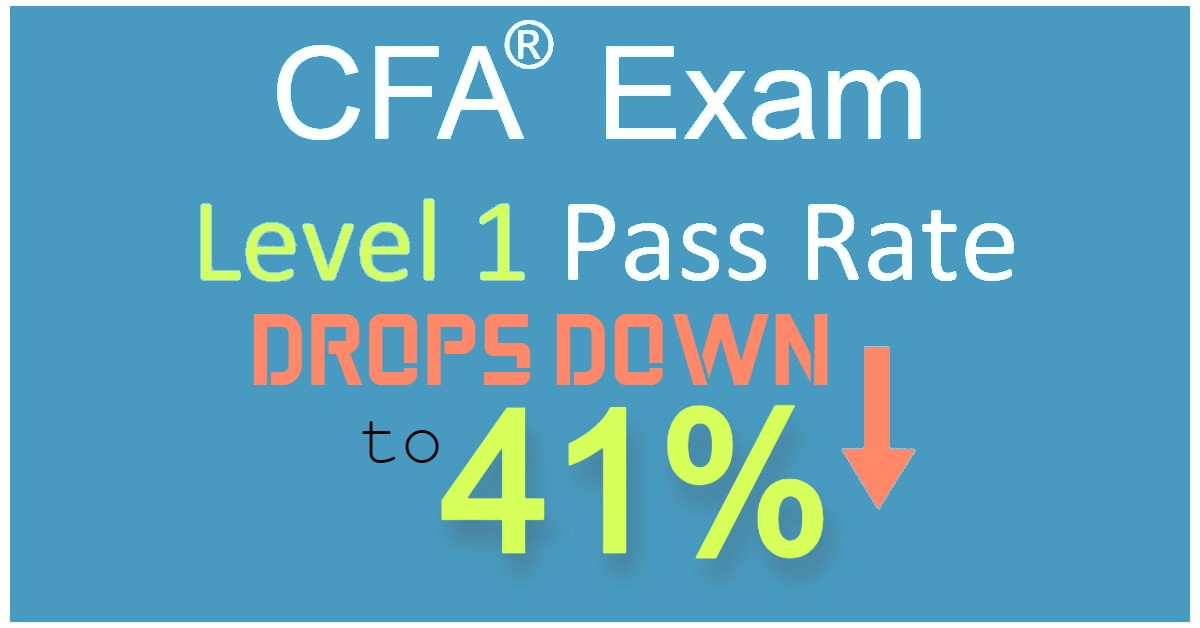How to Study Ethics: CFA® Level 1, Level 2, & Ethics Adjustment
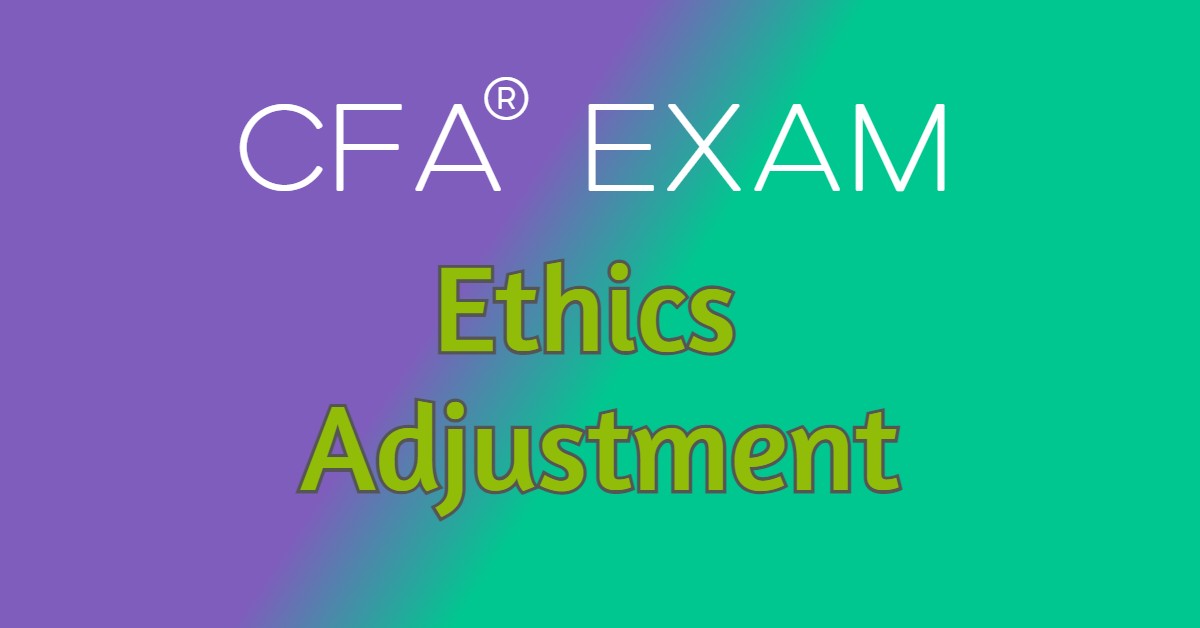
It’s common knowledge: CFA Institute puts emphasis on Ethics. What it means is that your Ethics score may influence your final CFA exam result, either positively or negatively.
It’s called ethics adjustment and it holds for every CFA exam level!
What Is CFA Exam Ethics Adjustment?
Ethics adjustment may have either a positive or a negative impact on your exam: it makes you either PASS or FAIL if your total exam score borders the minimum passing score (MPS) set for your exam.
So:
if your total score is slightly below the MPS
high score in Ethics may cause you PASS the exam
if your total score is slightly above the MPS
low score in Ethics may cause you FAIL the exam
That’s theory.
What if we tried to use a more practical measure to illustrate the problem?
What Ethics Score Can Lead to a Negative CFA Exam Result Adjustment?
Every poor score in Ethics in your CFA exam can lead to a negative adjustment of your final exam result if you're a borderline candidate. It means that if your Ethics score is low, say below 50%, and your overall exam score is just a bit over the MPS, you can expect a negative adjustment of your final CFA exam result.
CFA Institute never discloses the MPS expressed as a percentage (just the MPS scale score is given) but, as a rule, you pass if you reach the MPS and fail if not. However, your Ethics score can affect the MPS rule.
How? Take a look:
If you’re a level 1 CFA exam candidate, there are 180 questions in your exam. We know that all questions are given equal importance. If each question is scored 1 point, we get a total of 180 points. It’s purely hypothetical but let’s assume that the CFA Level 1 MPS set for your exam is 68%. MPS of 68% is exactly 122.4 points that you need to have to pass the exam. However, there are no half points in the exam because you either get a question wrong or right.
To illustrate the Ethics adjustment, we assume you scored either 122 or 123 points in your exam:
122 points you’re below the MPS
but if your Ethics performance is strong you may still PASS
123 points you’re above the MPS
but if your Ethics performance is weak you may still FAIL
If you happen to be a borderline candidate, Ethics adjustment works either in your favor or against you. Having this knowledge you can deliberately decide how to go about Ethics during your CFA exam prep.
Our advice for you is to take it seriously!
If you choose our CFA Exam Study Planner, you'll be able to arrange your topic sequence and decide when you want to study your Ethics. To make sure it sinks in, you'll also have your Ethics revision scheduled. Deal with Ethics seriously and score high on your exam Ethics questions!
CFA Institute's Top Secrets
CFA Institute never:
- discloses the exact MPS (in %) set for a given exam, which means that it is not fully transparent how the MPS is established,
- releases any specific information on the Ethics adjustment:
- neither the Ethics score required for the adjustment to be applied,
- nor to whom it is applied,
- nor how it exactly works.
You will never know if you were a borderline candidate or not, but it’s better to act as if you could be one. The net result is that the Ethics adjustment has had an effect on candidates’ scores (and exam pass rates) ever since it was introduced.
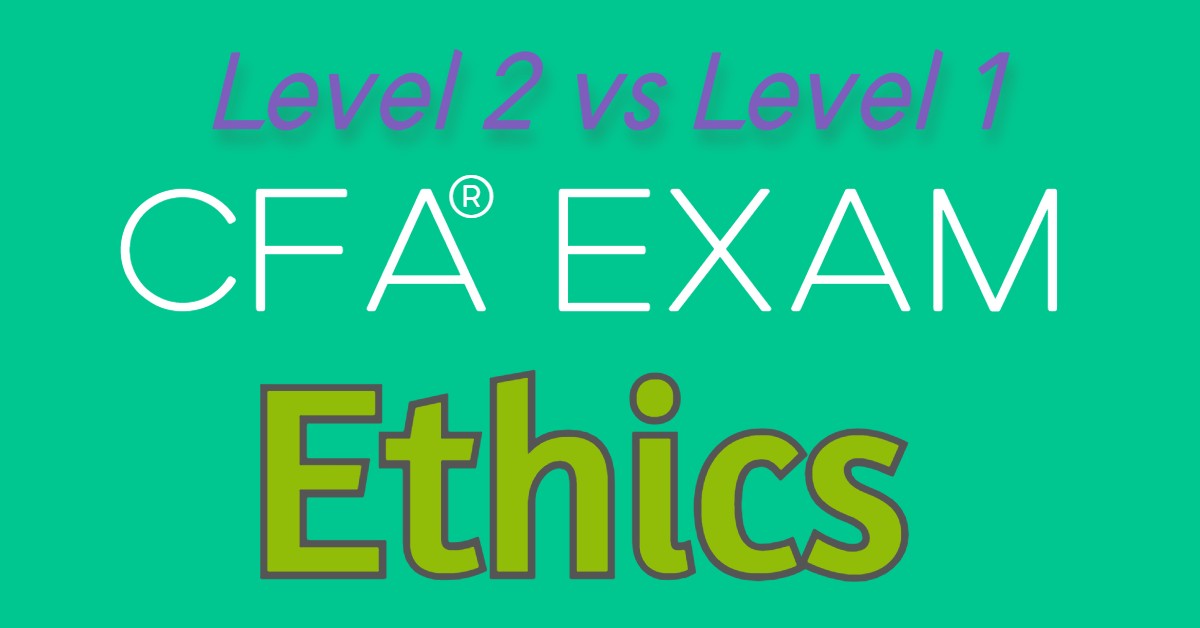
Level 2 vs Level 1 Ethics in CFA Exam
Level 2 ethics is not that much different from level 1 ethics because you're tested on the same Code of Ethics and Standards of Professional Conduct at each level of the CFA exam.
So, it’s the same CFA Institute Code and Standards for the level 2 CFA exam that you know from your level 1 prep. OK. The GIPS Standards are required only in your level 1 exam… But other than that you still need to know the same Code and Standards pretty well to gain points for Ethics in your level 2 CFA exam. This time, however, exam questions are made into item sets.
For the level 1 exam, ethics is tested through multiple-choice questions preceded by short cases featuring usually one or two fictitious CFA charterholders or candidates. For the level 2 exam, the case description (vignette) is simply a bit longer and for one case (vignette) – you’ll have 4 multiple-choice questions instead of one. What it means in practice is that a case may feature more than one or two characters and the questions will ask about the professional conduct of these characters.
Let's not forget that the ethics adjustment still applies (note: it also holds on level 3). Even though the case we used to illustrate the issue was based on the level 1 CFA exam, we could have just as well used the level 2 CFA exam to make our point. Ethics in your level 2 exam is simply as important as it was in your level 1 exam and it has the power to decide about your PASS or FAIL in borderline situations.
To conclude, Ethics is among the top 3 most important topics at each level of the CFA exam. Exam weight for Ethical and Professional Standards is 15-20% for level 1, 10-15% for level 2, and 10-15% for level 3.
Shortly on level 1 ethics:
- Ethics adjustment applies.
- You are tested on the CFA Institute Code of Ethics and Standards of Professional Conduct (GIPS included).
- CFA exam questions are multiple-choice questions.
- Level 1 ethics questions: Usually a short description (case) featuring one or two CFA charterholders or candidates. Questions ask about the professional conduct of these people.
- Level 1 CFA exam weight for Ethics: 15-20%, which makes it the most important topic!
Shortly on level 2 ethics:
- Ethics adjustment still applies.
- You are tested on the same CFA Institute Code of Ethics and Standards of Professional Conduct you study during your level 1 prep (only GIPS are excluded).
- CFA exam questions are made into item sets.
- Level 2 item sets: The case description (vignette) is a bit longer than in the level 1 exam and for one case (vignette) – you’ll have 4 multiple-choice questions instead of one (questions may ask about the professional conduct of more than one or two CFA charterholders or candidates).
- Level 2 CFA exam weight for Ethics: 10-15%, which makes it one of the most important topics!
CFA Exam Ethics Summary
Both the CFA exam ethics adjustment and the topic weights tell us one thing: Ethics is not like any other exam topic.
Ethics is really important, both in your CFA exam and at work.
This is why regular revision of the Code and Standards is highly recommended. Sadly, CFA exam candidates tend to neglect it. To help you change that, we compiled a roughly 100-page summary of Ethics for quick revision (includes the most important ethical concepts candidates of all levels are required to know plus numerous short examples for guidance and practice):
NOTE!
The best way to study ethics is first to read the CFA Institute Code and Standards in your curriculum and then to review each Standard separately. You can easily do this using this e-book + inside your personalized CFA exam study plan, you'll find both study lessons and review sessions devoted to Ethics. Moreover – we encourage you to use this e-book while reviewing in the weeks just before your exam. That’s when you should revise the most important parts once again!
About Soleadea:
Our CFA Exam Study Planner is available to candidates of all levels at groundbreaking Pay-What-You-Can prices. You decide how much you want to pay for our services. After you activate your account, you get unlimited access to our Study Planner 4.0 with study lessons inside, various level 1/level 2 study materials & tools, regular review sessions, and a holistic growth approach to your preparation. Join
Read Also:


